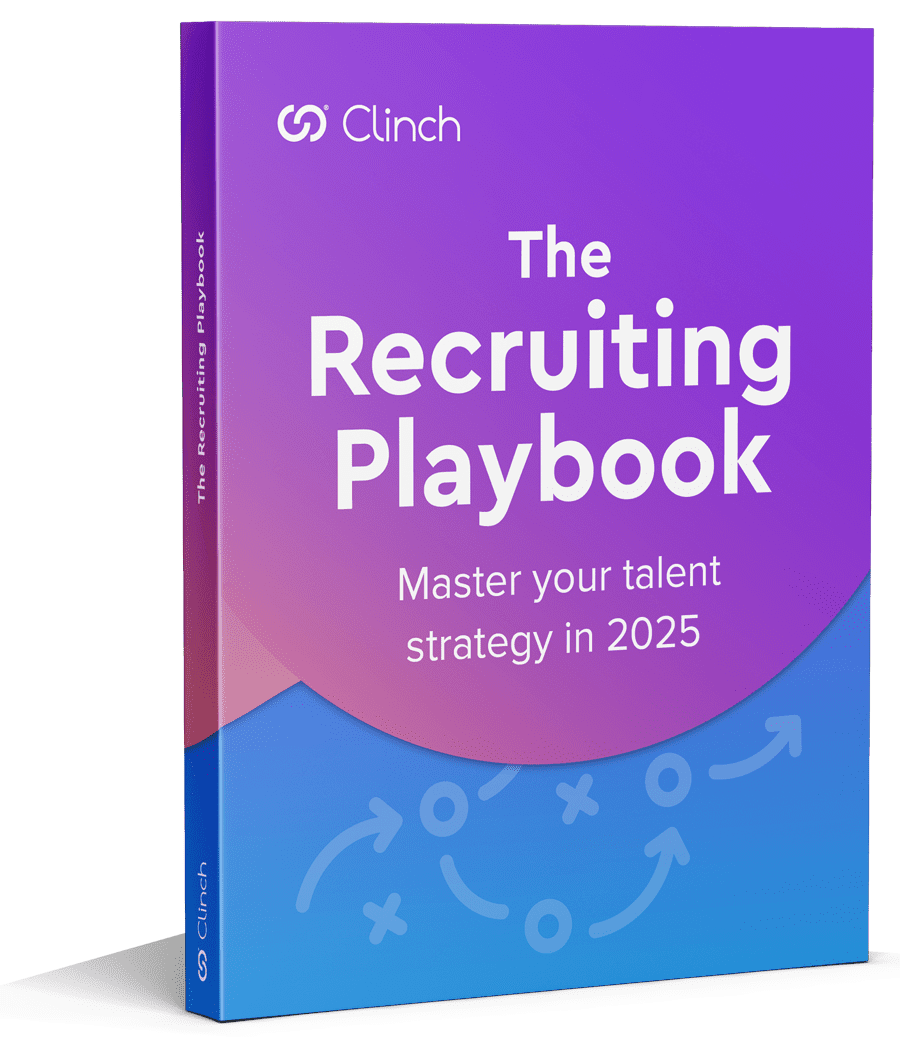Getting your career site up and running is a great first start, but it’s only the beginning. Evaluating how effective it is in supporting your recruitment goals can take your hiring strategy to the next level. By measuring performance and diving into the data, your career site can evolve to not only the face of your employer brand but also a powerful talent acquisition tool, helping you recruit more effectively and future-proof your hiring process.
Let’s explore how you can track the effectiveness of your career site and use these insights to boost performance. Knowledge is power; armed with these insights, you can edit, iterate, and improve your existing content, practices, and processes for optimum impact.
Inspect what content is engaging career site visitors
An effective career site provides candidates with all the information they need when they need it – allowing candidates to determine if it’s an organization they can see themselves working for and guiding their decision to opt in or out of applying for a role. An informative career site can save recruiters time and attract more qualified candidates to become a part of your talent community.
Knowing what pages are receiving the most traffic, and what content on each page is being interacted with can help to determine what is resonating most with candidates on your career site. With Clinch heat map technology, you can simply assess your landing pages to identify what’s working (highlighted in green) and what’s not (highlighted in red). This will allow you to optimize your landing pages and content strategy, increasing engagement and saving money by knowing what content to invest in.

Example of Clinch’s heat mapping technology
Measure how effective your career site is at driving conversions
Determining the effectiveness of your career site depends on what you aim to achieve. For some organizations, receiving a high volume of applications might be the ultimate measure of success. Others might focus on growing their talent pool to develop a robust pipeline for future use.
If driving applications is your main goal, track how effective your site is at converting visitors to applications. Review how many visitors in a given period later go on to submit a job application. If this isn’t performing as well as you’d hoped, assess whether you’re reaching the right audience and review the ease of your application process (more on this below).

Example of Clinch’s page conversion analytics
On the other hand, if you are focused on building your talent pool with actively engaged candidates, zone in on how many candidates who visited your careers site complete a data capture form. This could include signing up for job alerts or newsletters, joining your talent community, or converting via an exit call-to-action (CTA). If conversions are low, you could consider whether your CTA is positioned in the right place, whether the form is simple and easy to fill in, or if you are using the right messaging to attract candidates to take action. Always make sure you are highlighting the value of what candidates are signing up for to help increase conversions.
Identify whether your careers site is attracting the right talent
When it comes to job applications, many organizations have shifted their focus from wanting quantity to quality. Assessing what portion of applications received are high-quality can inform how well you have been able to reach and attract the right candidates. Optimizing your career site to attract greater quality candidates will save both recruiter time and money spent on other sourcing channels.
There are a couple of ways to do this. First, look at the ratio of your career site visitors who resulted in new hires. This helps estimate how much traffic you need to find the right person for your team. Another approach is to examine the conversion of completed applications deemed suitable by your ATS. This highlights how many quality candidates have been added to your talent pool. Industry standards point to a 22% conversion rate as the benchmark for success (Jobvite).
If you have identified that there is room for improvement and a need to better reach the right talent, reflecting on your career site content can help. Jumping into your ideal candidate’s shoes can help you identify what might be missing. Utilizing landing pages to create targeted content for specific job functions and highlighting real employee stories can help you be more targeted and provide additional insight into what it’s like to work within a specific team.
Reports can also be used to gauge the gender breakdown of the audience engaging with your content. Through Clinch analytics, you have the ability to look at the gender split at any given stage in the application process. These insights are valuable for assessing your progress in achieving gender diversity goals. For example, if you had launched a campaign to hire more female software developers, you could review how well your job ad was performing at attracting females to apply.

Example of Clinch’s demographic analytics
Optimize job ads to increase engagement
Knowing the most popular times for candidates viewing jobs and starting applications can help you decide when to post or share yours for optimal engagement to receive more applications. Clinch heatmap charts clearly highlight peak times for posting job ads. As you can see below, the darker color represents more popular times, while the lighter color shows less popular times. The times displayed are local to the time zone of the company, so you can identify your prime times quickly and easily.

Example of Clinch’s job analytics
These insights can also be used to help guide social media content and email campaigns. Using peak times when candidates are active is a great way to encourage brand engagement and increase brand awareness, ultimately leading to more applications from quality candidates and reducing time to hire.
Evaluate how seamless your application process is
Measuring the effectiveness of your application process can determine the likelihood of talent making it through the journey from an initial career site visit to becoming a new hire. Evaluating your conversion rate at each step from start to finish of an application will show how seamless the process is. If there is a low conversion and high drop-off rate occurring within your process, it’s important to review and make improvements in order to identify the cause of losing out on candidates.
Industry research indicates a typical application drop-off rate is 80% (Glassdor). Common reasons for high drop-offs within the application process is if it is long, complex, cumbersome or not mobile responsive. At Clinch, we encourage our clients to follow best practice guidelines that use a “low barrier to entry”, requesting only the most pertinent candidate information and using automation to inform and engage applicants at all key stages of the recruiting funnel. If you were able to reduce the started to completed application drop-off rate by 10 or 20% what would be the impact to your business?
Assess your ability to encourage repeat career site visitors
Striking a balance between new and returning visitors is important. New visitors can show how well you are building awareness of your employer brand. Whereas returning visitors are more engaged and likely to convert, for example, by applying for a job or joining your candidate community.

Example of Clinch’s visitor behavior analytics
Industry standards and Clinch data shows you should aim for your repeat visitors to be sitting at around 25%+. If you have lower rates of returning visitors, you could consider the ‘stickiness’ of your careers site. How well you are addressing candidate needs at pre-apply and post-apply. Strive for wording and visually appealing elements that deliver real value and give visitors a reason to come back for more.
Another strategy to encourage further repeat visitors is through automation. Clinch enables you to keep your company front of mind with candidates and encourages return visits through automated workflows that send emails with relevant content, such as blogs or job opportunities. Through segmenting your talent pool based on their area of interest or occupation, you can set up targeted, automated emails that speak to those personalized details.
A careers site in today’s employment market is non-negotiable and leveraging analytics will show how effective it is at supporting your recruitment efforts. Regularly reviewing the data and taking action to boost performance, will turn your career site into a powerful talent acquisition tool for your organization.
If you’d like to learn more about how Clinch intelligent career sites can help you achieve optimal results and support your recruitment goals, request a career site audit today.



